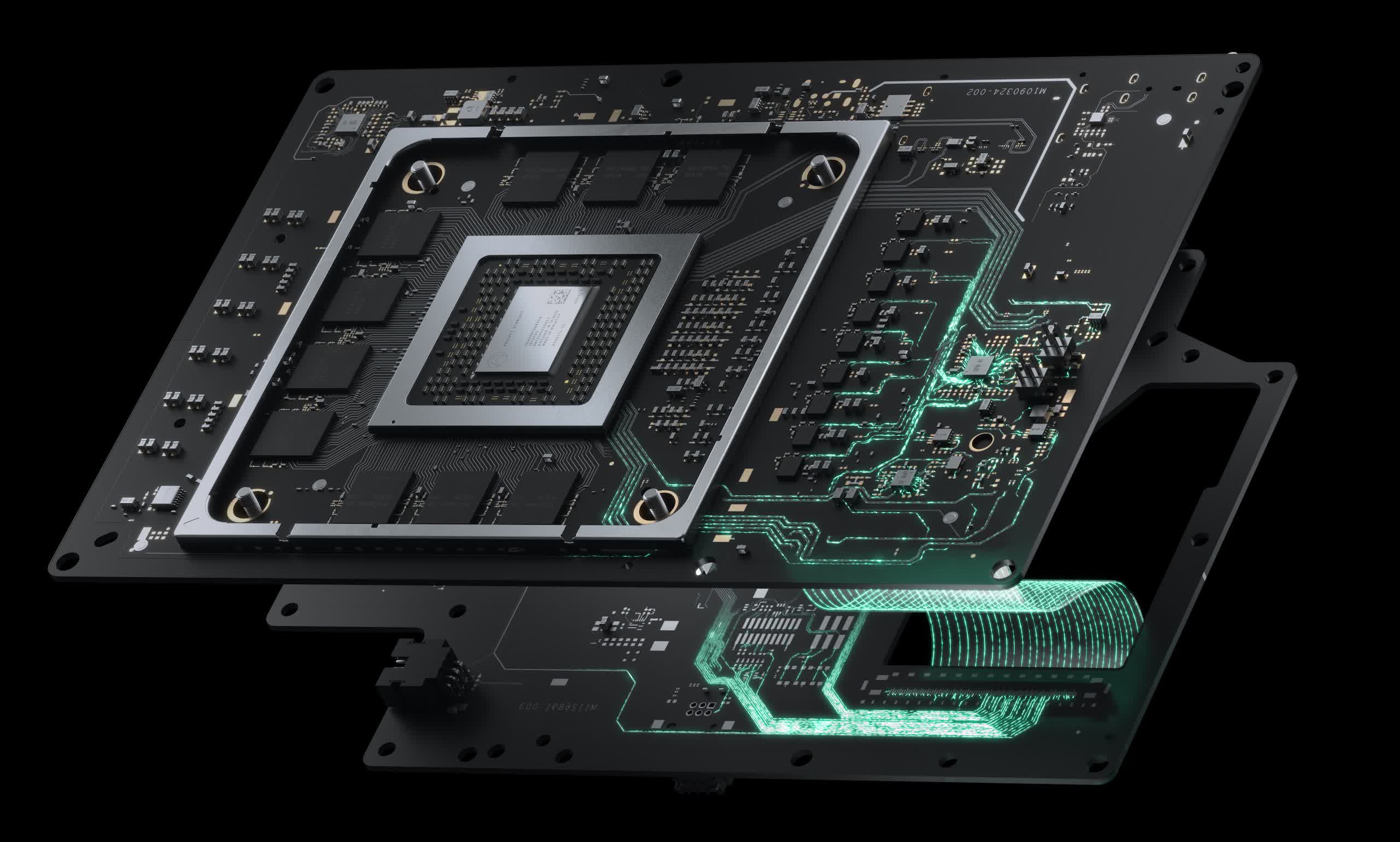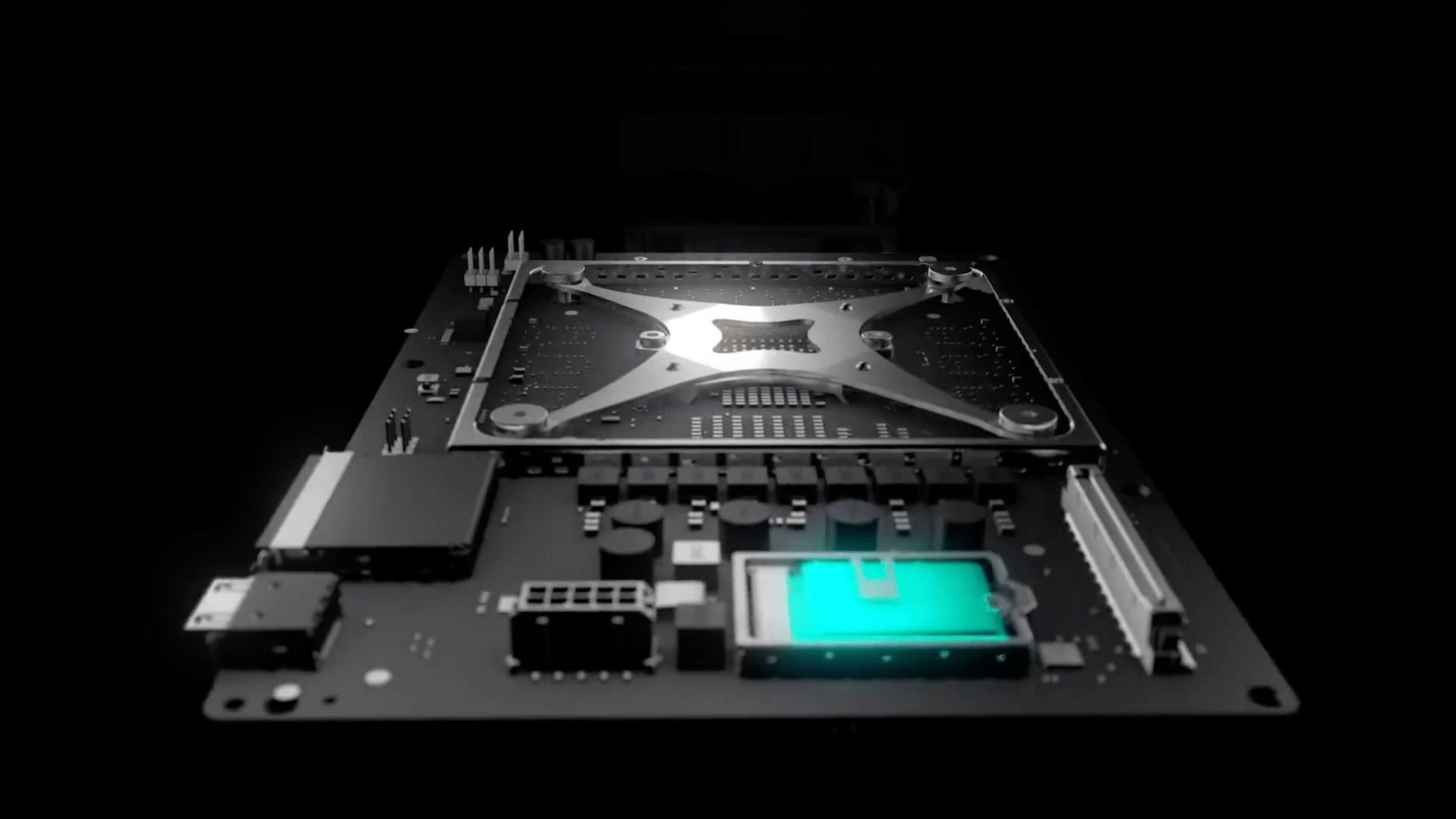Why it matters: In between touting the innovations present in the Xbox Series X and trying to hide the existence of an Xbox Series S, Microsoft is also working on bringing some of its new software tricks to the PC. A new DirectX API called DirectStorage will make console ports a bit easier for developers and bring the same speed benefits on some compatible PCs equipped with NVMe SSDs.

Microsoft has been talking a lot about the hardware and software improvements in its upcoming Xbox Series X console, including a technology stack called the Xbox Velocity Architecture, which is supposed to slash loading times and enable games with bigger and more detailed worlds.
The Velocity Architecture in the new Xbox console is a combination of a proprietary NVMe SSD, a specialised hardware block for data decompression, and new software tools -- Sampler Feedback Streaming and the DirectStorage API. Microsoft says it will soon bring the latter software technology to Windows 10 PCs to solve the same storage bottleneck.

NVMe SSDs are just landing on console, but they've been available for PC gamers for several years with speeds well beyond that of HDDs and a price that is constantly dropping every year. As games have ballooned in size, developers found more efficient ways to load all the needed data into video memory, but they were still bottlenecked by existing storage APIs. This is why a relatively inexpensive SATA SSD will be almost as fast as an NVMe SSD in terms of game load times.
DirectStorage is designed to exploit the full potential on NVMe drives by making it possible for games to make tens of thousands of IO requests. It can achieve this feat through clever paralelization and a reduction in the overhead of every IO request. In existing storage APIs these requests are processed one at a time, which is no longer adequate for next generation games.
Earlier this week, Blizzard revealed that a solid-state drive is not just recommended, but actually required if you're looking forward to running the upcoming World of Warcraft expansion. That said, there will be a while before game developers can leverage the DirectStorage API on PC -- Microsoft says it's currently working with industry partners to make it a reality, with a preview planned for next year.
It's also worth noting that not all systems equipped with an NVMe SSD will be able to take advantage of the new API, as this will have to be supported by the GPU as well. The first confirmed hardware to be able to do this is Nvidia's 3000 series GPUs, as the company is working on a feature called RTX IO to tie in with DirectStorage, although that's still one year away.
https://www.techspot.com/news/86614-microsoft-bring-directstorage-api-xbox-pcs-reduce-io.html